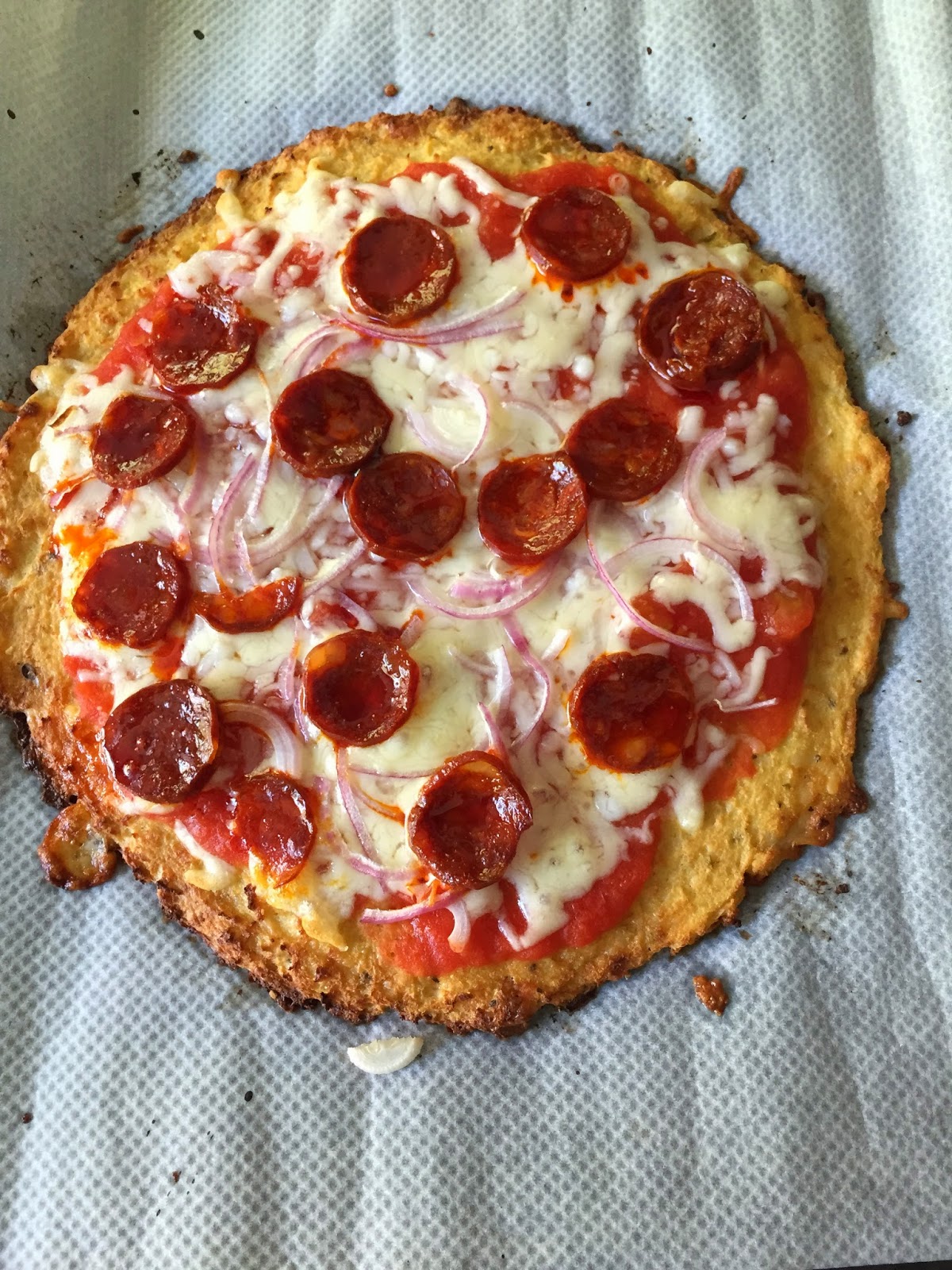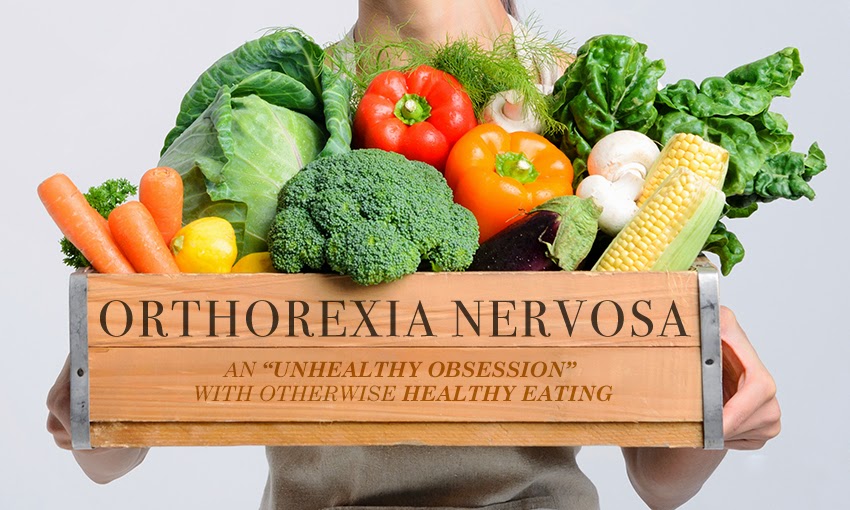However, sugar is HIDDEN in so many things that it is ridiculously difficult to know exactly how much you are really consuming. Sugar is found not only in sweet foods like biscuits, chocolate or cake, but also in savory foods and some that are deemed "healthy", for example, low fat yogurts, wine, balsamic vinegar, salad dressings, pasta sauces and ready meals. Even low calories sweeteners such as Canderel or Splenda will not stop you putting on weight. Artificial sweeteners provoke the same reaction in the brain/ body as sugar. The taste buds register the sweetness and send a message to the brain that sugar is coming, insulin is then released to lower the rise in blood glucose, however, the calories never arrive, but the damage is already done.
Our bodies are designed to only allow a small amount of sugar in the bloodstream, about 1-2 teaspoons, any more than that and the insulin process swings into action. The insulin removes the sugar from the blood and converts it into fat and then stores it around your waist. When your diet has too much sugar in it, your cells can become resistant to insulin which increases your risk of type 2 diabetes, and heart disease even if you DON'T have a weight problem.
You will do well to remember that sugar is not only chocolate, biscuits and cake, but all carbohydrates are converted into sugar during the digestion process. I do not advocate excluding entire food groups, so my advice is to stick to the natural sugars found in nature; fruit (only a little), potatoes, carrots, and if you can't go without bread then at least make it as whole grain as humanly possible and go for one with a low GI rating such as Rye. However, you must limit your intake of carbohydrates to 2-3 times a week if you are trying to lose weight.
So, what happens if you quit sugar? A LOT HAPPENS. You will have healthy glowing skin and hair, a trim figure and loads of energy that you've probably been lacking for years. So take advantage of it and get moving!
Why fat is better than sugar.
Fat has had bad press for decades and is only recently making a come-back. Fat is good for you, but you need to know which are the healthy fats and which ones your should stay away from.
Stay away from: Vegetable oils such as canola (from rapeseed), soya, sunflower, safflower and corn. This includes margarines. Vegetable oils and margarines are subjected to horrendous refining processes using industrial solvents and hydrogenation processes (margarine). This also means staying away from any products that use these fats in their ingredients; crisps, industrially produced pastries such as doughnuts, biscuits, cakes and fried foods.
HEALTHY FATS are essential for health. There are many nutrients found in vegetables such as lycopene, betacarotene and certain vitamins that need the presence of fat in order to be absorbed by the body.
 Healthy fats are: oily fish such as salmon and mackerel, nuts, seeds, avocados and olive oil, all of which contain Essential Fatty Acids (EFAs). These EFAs provide various important health functions in the body and can only be obtained from food - our bodies can not make them on their own. The outer layer of our cells is made of fat, therefore we need to consume healthy fats to maintain the cell wall strong, healthy and supple so that it can perform its important functions. New information has come to light that even includes certain saturated fats such as butter, coconut oil and red meat, as healthier than previously thought.
Healthy fats are: oily fish such as salmon and mackerel, nuts, seeds, avocados and olive oil, all of which contain Essential Fatty Acids (EFAs). These EFAs provide various important health functions in the body and can only be obtained from food - our bodies can not make them on their own. The outer layer of our cells is made of fat, therefore we need to consume healthy fats to maintain the cell wall strong, healthy and supple so that it can perform its important functions. New information has come to light that even includes certain saturated fats such as butter, coconut oil and red meat, as healthier than previously thought.I drizzle my steamed vegetables with butter - delicious!
So, my advice, ditch the sugar and add some healthy fats to your diet!
I can help you improve your health. If you would like to make an appointment with me either in person or via Skype, just send me an email to lucycarr@socialnutrition.com



















